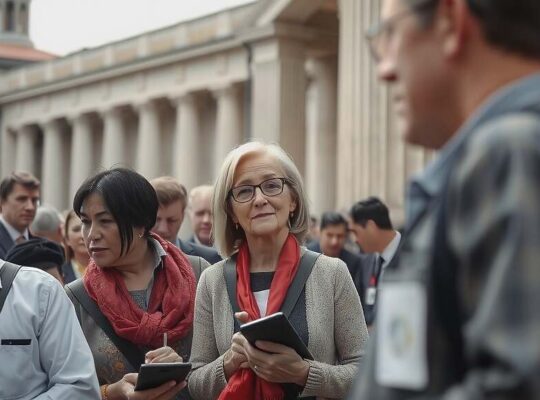The German Interior Minister, Alexander Dobrindt of the CSU party, is advocating for intensified police presence and preventative measures, specifically through recurring, focused operations in urban centers and railway stations, signaling a potential shift in the government’s approach to public safety. Dobrindt, in an interview with the “Rheinische Post” emphasized the necessity of maintaining city spaces as inclusive and safe environments, rejecting the notion of them becoming havens for threats.
The proposed strategy centers on increased police visibility, with Dobrindt prioritizing highly targeted interventions, particularly at locations identified as crime hotspots. While the core responsibility for policing resides with individual German states, the federal police, traditionally responsible for rail and air transport security, will play an expanded role in these preventative deployments. This blurring of responsibilities raises questions about coordination and potential overlap between federal and state authorities.
Recent actions, such as a nationwide operation two weeks ago involving 1,000 federal police officers across 36 railway stations, provide a glimpse into the scale of the planned interventions. This prior exercise resulted in over 11,000 individuals being checked and the initiation of more than 230 legal proceedings related to criminal and regulatory offenses.
Critics argue that while enhanced police presence might offer a superficial sense of security and deter some opportunistic crime, it risks alienating communities, particularly vulnerable groups and could exacerbate existing tensions between law enforcement and marginalized populations. Further scrutiny is needed to ensure these intensified operations are proportionate, legally sound and genuinely conducive to long-term public safety rather than simply reactive measures. The effectiveness of these strategies will depend heavily on factors beyond simply increased manpower, including improved intelligence gathering, community engagement and addressing the root causes of crime. The potential for overreach and the curtailment of civil liberties also warrants careful consideration as the government implements this new approach.












